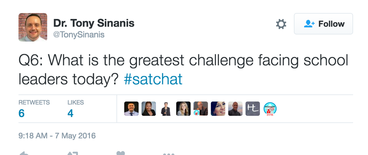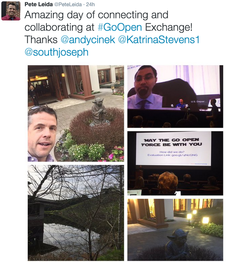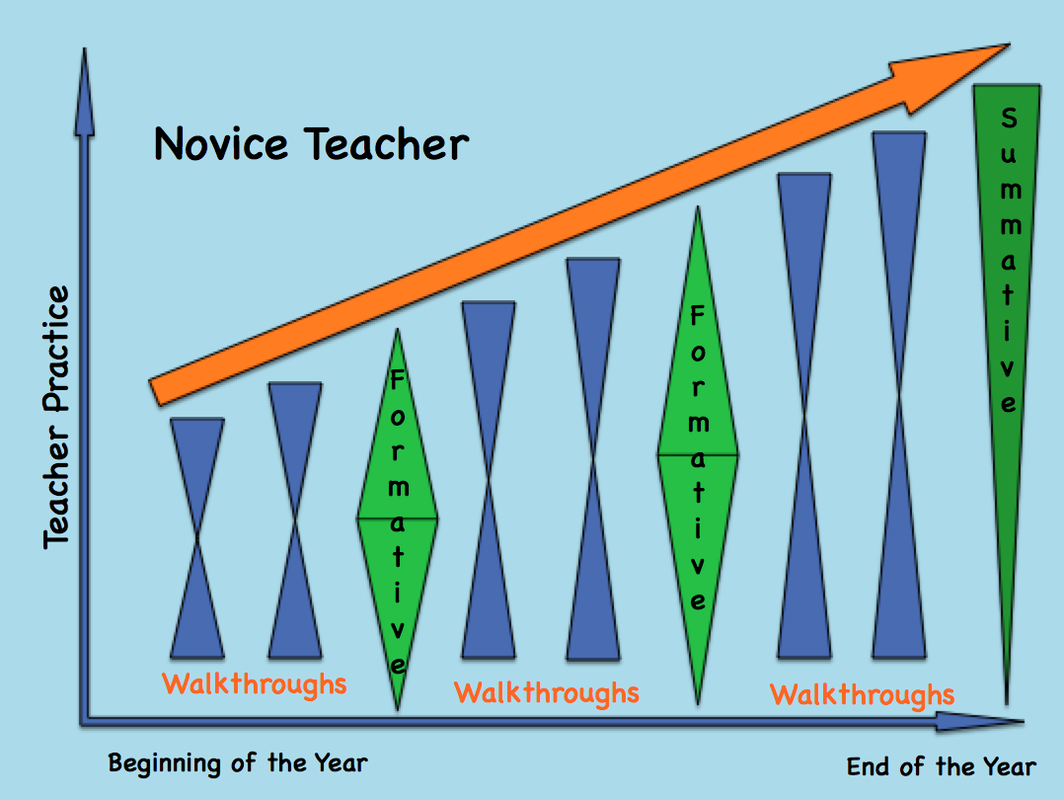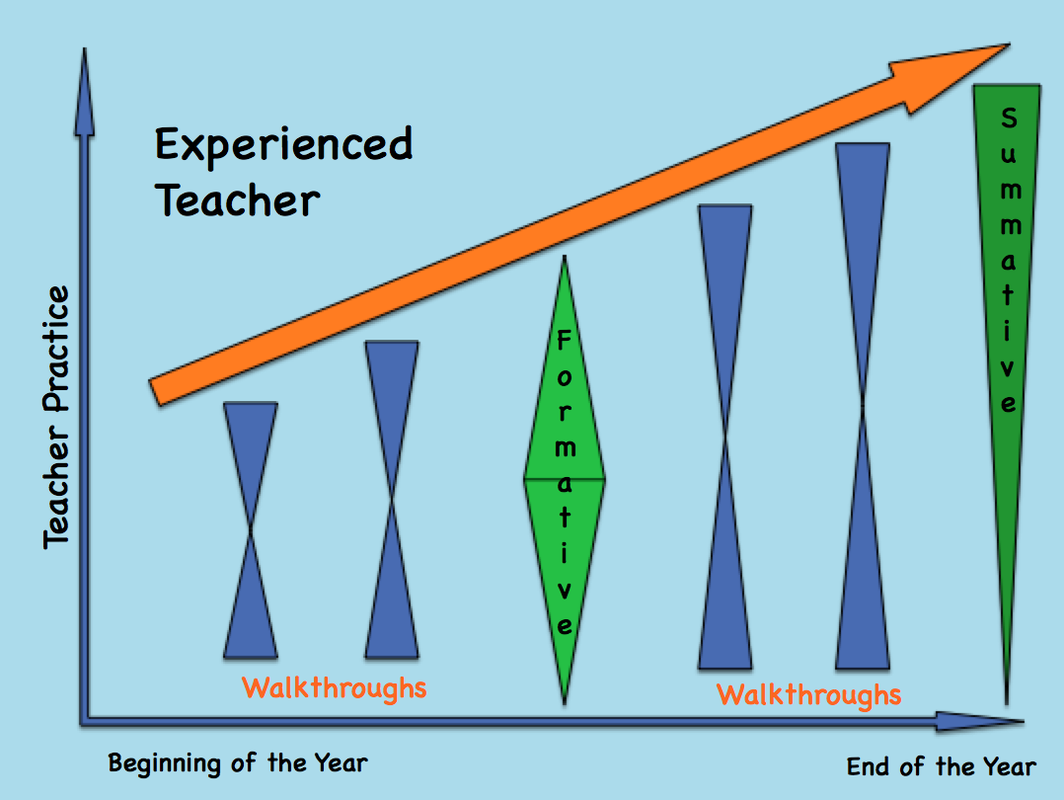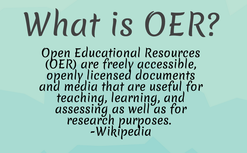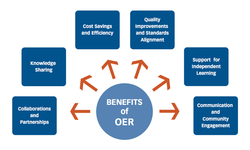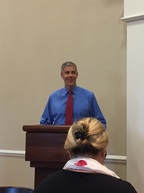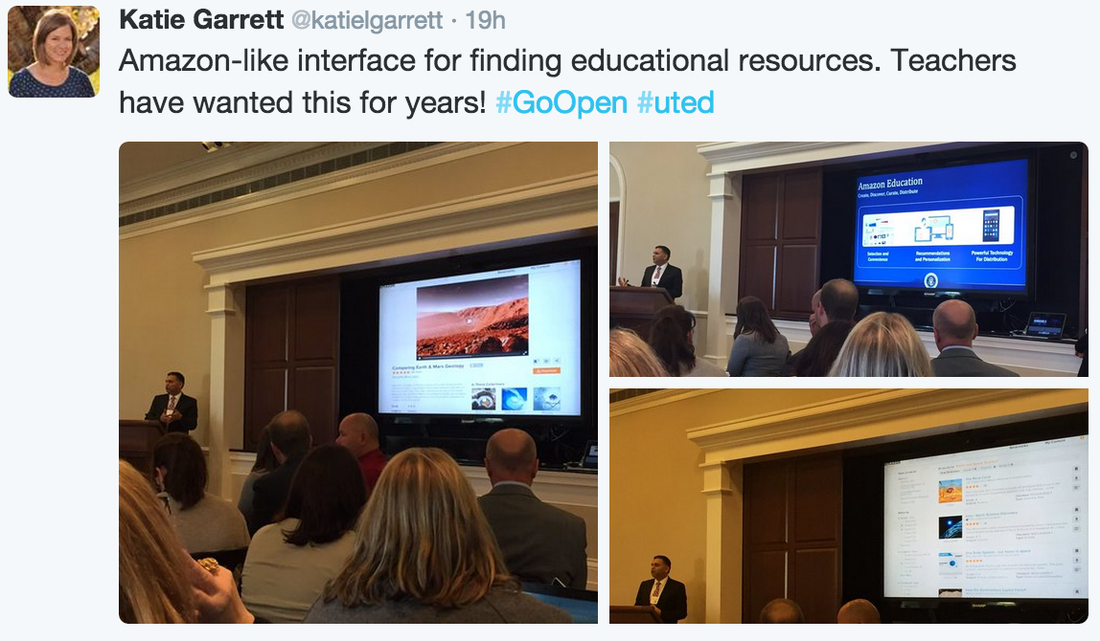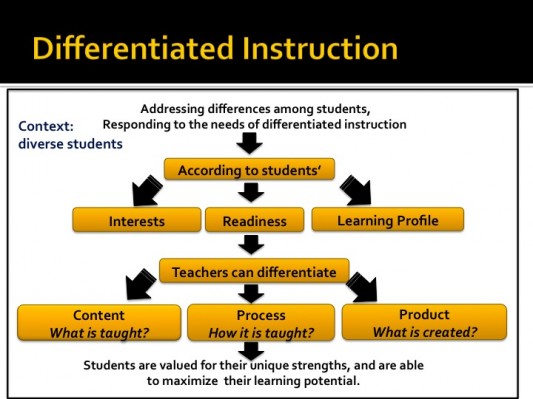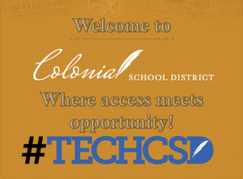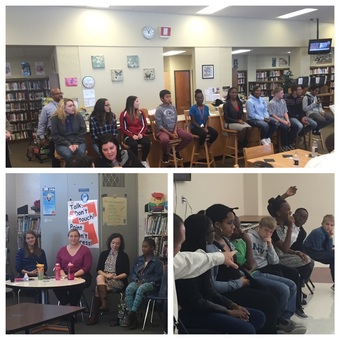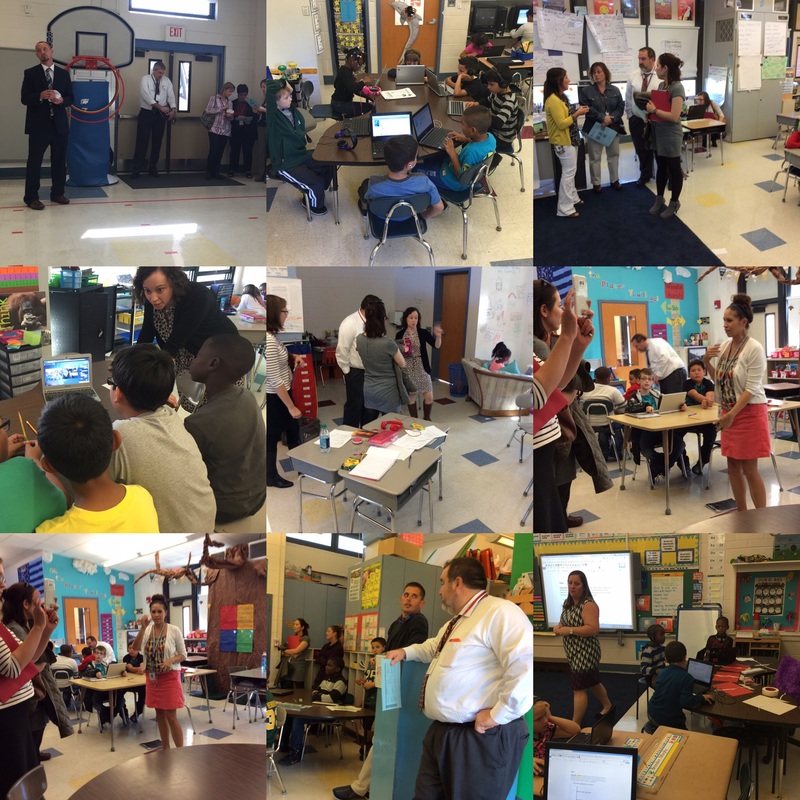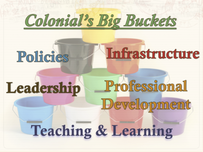During #satchat the question 'What is the greatest challenge facing school leaders today?' popped up on the screen and it got me thinking again about the concept of balance in leadership.
It is an incredibly difficult leadership task where we are often balancing one thing against another. But, there’s more to balance in leadership than the typical dichotomy of balance. It’s not a see-saw. I see it more as a balancing of plates spinning. Each plate represents a different task, focus, initiative, or issue that needs to keep spinning. As a leader, you’re responsible for making sure that the most important plates keep spinning, but don’t misinterpret ‘responsible’ in this analogy. Yes, it’s your responsibility, but more importantly you need to develop and support leaders in your building to keep those plates spinning. You don’t need to touch the plates all the time. In fact, you shouldn’t. You need to support, coach, and model for others doing the spinning. Which leaders are right for which plate? Each of your leaders needs something different and each requires a different approach. If you have too many plates spinning, one (or more) might fall. That's probably because you're out of balance.
So, the question of balance in leadership is this,
'How do we better balance support, coaching, and modeling to develop leaders?’
It’s a fairly simple question that requires a complex response.
'How do we better balance support, coaching, and modeling to develop leaders?’
It’s a fairly simple question that requires a complex response.
As always, thanks for taking the time to read these thoughts! Please feel free to comment, add-on, question, and push my thinking!
